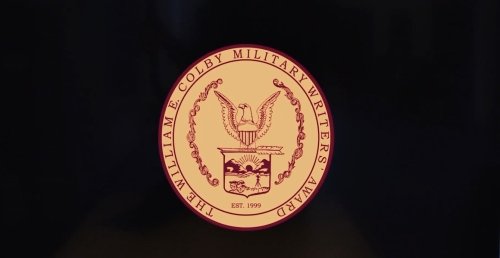William E. Colby Military Writers' Award
The William E. Colby Military Writers' Award is named for William E. Colby, a notable American intelligence officer and former director of the Central Intelligence Agency.
The Colby Award recognizes a first book-length work of fiction, nonfiction, or poetry that has made a major contribution to the understanding of military history, intelligence operations, or international affairs.
Books are nominated by publishers, agents, or promoters, and cannot be self-nominated. All nominated books are considered in a two-step review process. First-round award reviewers carefully consider all nominated eligible books. Then, the five top-scoring titles are reviewed by the Colby Award Selection Committee, which consists of five former Colby winners and a committee chair.
Books are scored on their depth of research, significance of the work, subject-material clarity and writing quality. The Colby Award review process considers the book and its subject on its own merits absent author biographical context.
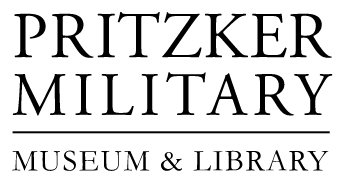
The Colby Award is presented annually at Norwich University during the NU Military Writers’ Symposium in Northfield, Vermont. The annual symposium is a signature event of the John & Mary Frances Patton Peace and War Center.
The award and symposium are held in partnership with the Pritzker Military Foundation (PMF) through the Pritzker Military Museum & Library.
SUBMISSION PROCESS
To complete your nomination, please follow these steps:
- Complete the online nomination form.
- Submit the $60.00 nomination fee through our secure online payment manager.
- Norwich University Peace & War Center, 158 Harmon Drive, Northfield VT 05663.
Deadline: Deadline: December 31, 2024 (Nomination window opens September 1, 2024)
Questions: See our Frequently Asked Questions below. Or email peaceandwar@norwich.edu
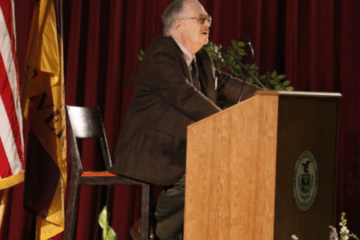
Give Now
The Carlo D’Este ’58 Military Writers’ Endowment provides funding in perpetuity to support the operating costs of the Norwich University Military Writers' Symposium, the William E. Colby Award, and year-round student enrichment opportunities on military history and current affairs. It also honors the legacy of Carlo D’Este, a 1958 Norwich graduate, beloved co-founder of the Military Writers’ Symposium, decorated U.S. Army colonel and renowned military historian. Carlo passed away on November 21, 2020 at the age of 84.
Highlighted Award Winners
For a full list of winners, see FAQ below.

2024 Colby Award Winner
Inheriting the Bomb: The Collapse of the USSR and the Nuclear Disarmament of Ukraine (John Hopkins Press).
Learn More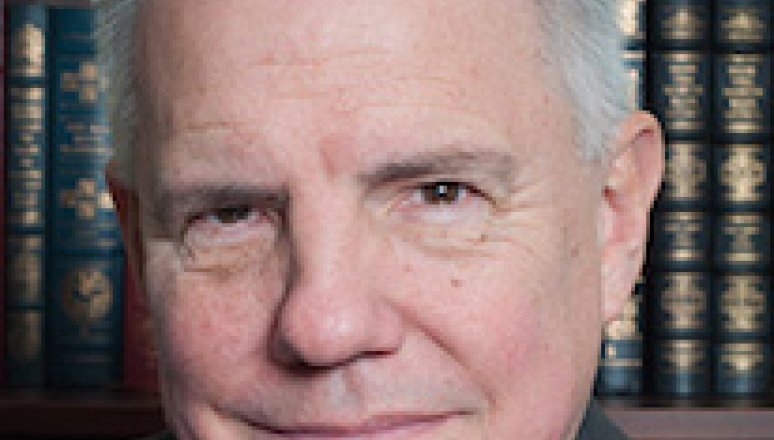
2023 Colby Award Winner
Lost Airmen: The Epic Rescue of WWII U.S. Bomber Crews Stranded Behind Enemy Lines (Regnery History)
Learn More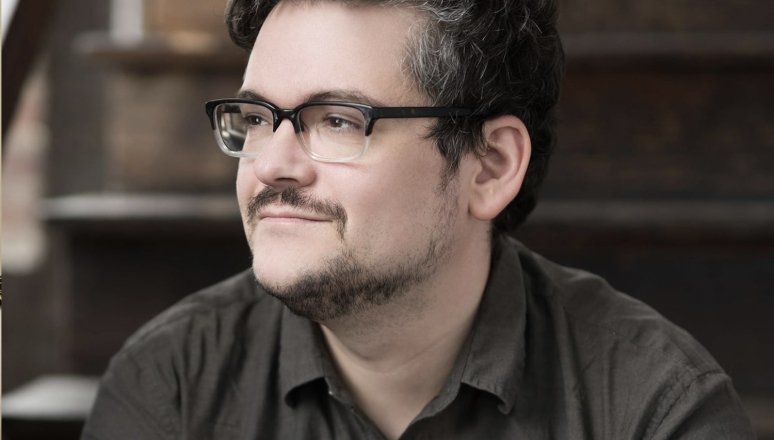
2022 Colby Award Winner
The Hardest Place: The American Military Adrift in Afghanistan’s Pech Valley (Random House)
Learn more
